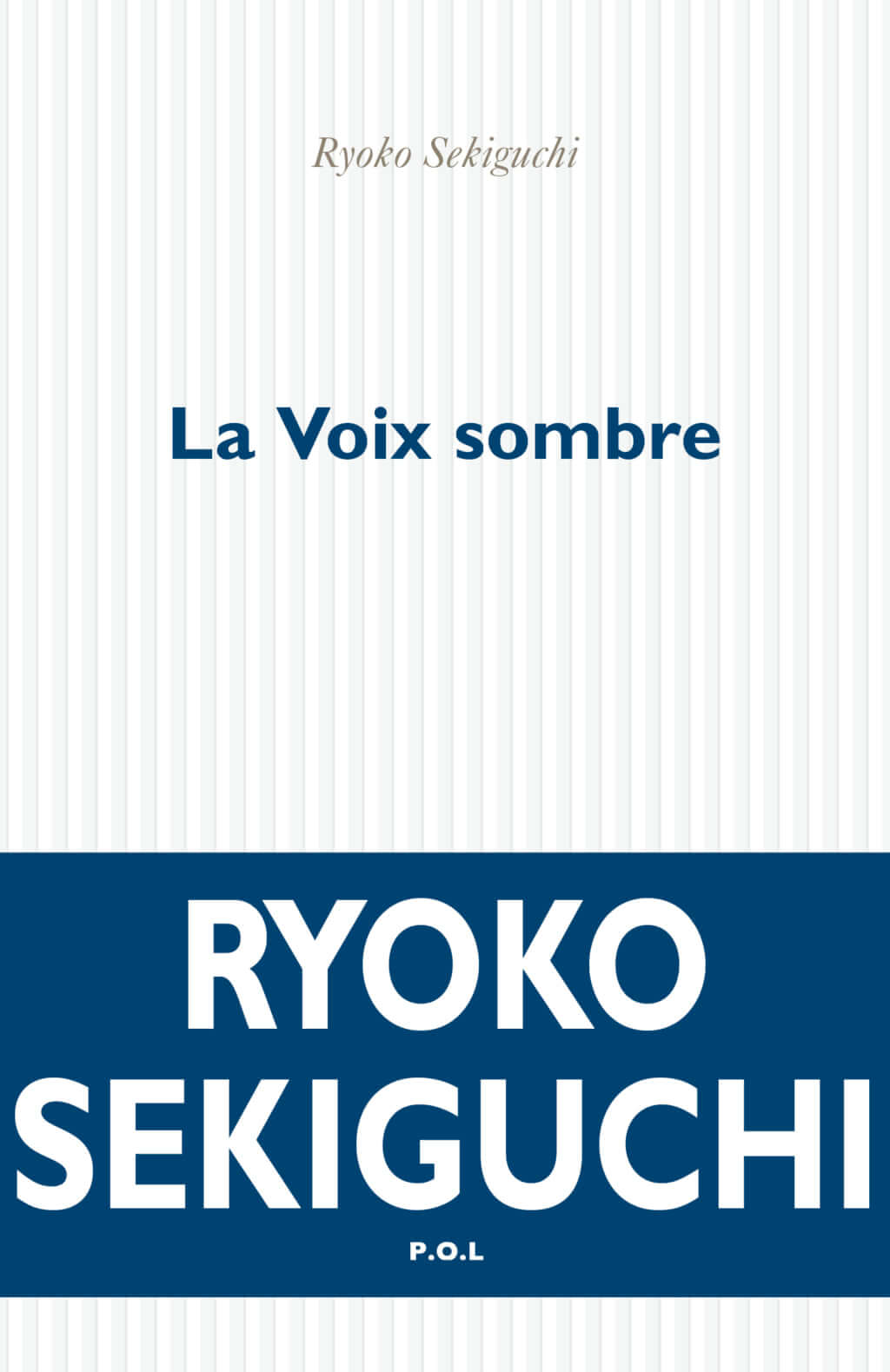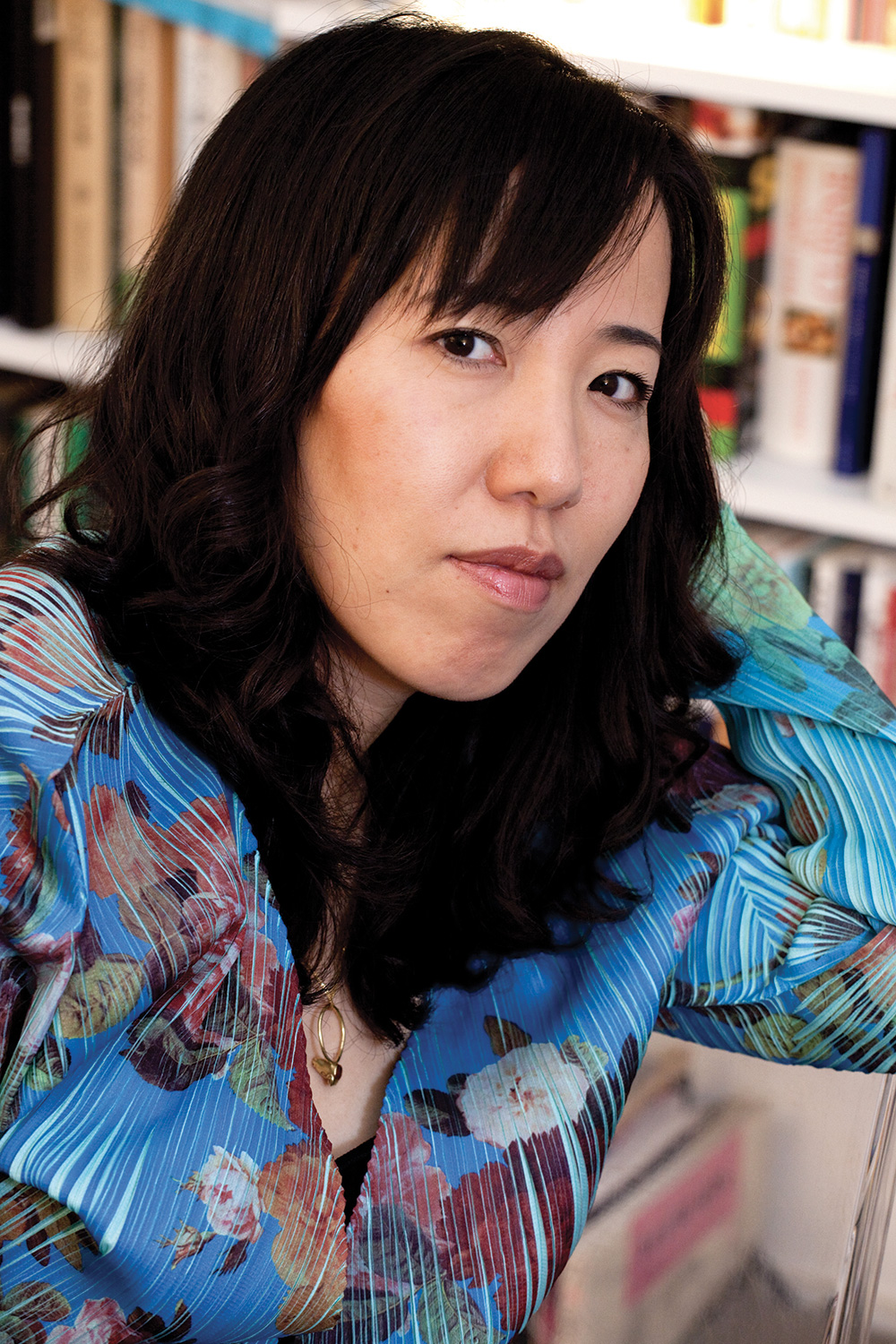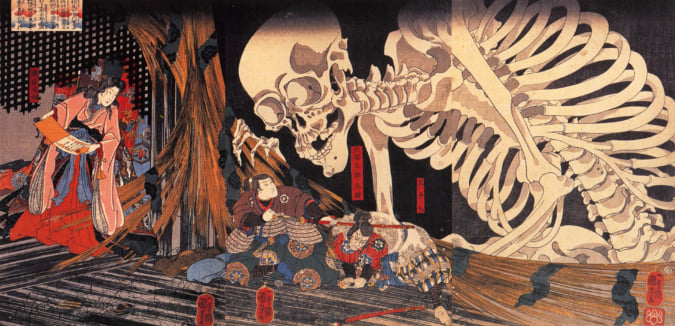‘La voix sombre’, the Sound of the Departed
Author Ryoko Sekiguchi raises the question of what remains of a voice when its owner is no longer among the living.

© Éditions P.O.L
The author, who has been living in France for over twenty years and has been writing in French since 2003, calls upon the personal and the universal in La voix sombre (‘The Sombre Voice’), released in 2015. A personal bereavement, namely after the death of her grandfather, who passed away in Japan some years previously while she was living in Paris, marks the point of departure for this short book.
‘The only part of the body that cannot be buried’
It was through the intermediary of an unknown voice, heard through a telephone receiver, that Ryoko Sekiguchi learnt that she would never hear that of her grandfather again. She can recall the sound of the voice from memory, but never thought to record it, like a precious jewel. So, what remains of those whose voices can no longer ring out and foil death’s plans, such that they reappear in some way for a brief moment? Because, while there are objects, scents, and material and tangible mementos, the voice is, the writer believes, an extension of the individual, ‘the only part of the body that cannot be buried.’
‘The sombre voice’ is that of those close to the deceased, veiled by sadness, or that of the individual who is preparing to leave this world, which Ryoko Sekiguchi believes already assumes new sounds, symbolising the state between two worlds. Ryoko Sekiguchi questions sounds and silences, those of the living, the deceased, and their delible traces, without sadness but rather with splendour, making it an almost vitally urgent matter to record the voices of those close to us.
The author previously addressed the topic of mourning in a book dedicated to the Fukushima disaster.
La voix sombre (2015), a book by Ryoko Sekiguchi, is published by P.O.L (currently unavailable in English).

Ryoko Sekiguchi © Hélène Bamberger / P.O.L
TRENDING
-
Gashadokuro, the Legend of the Starving Skeleton
This mythical creature, with a thirst for blood and revenge, has been a fearsome presence in Japanese popular culture for centuries.

-
The Tattoos that Marked the Criminals of the Edo Period
Traditional tattoos were strong signifiers; murderers had head tattoos, while theft might result in an arm tattoo.

-
The Tradition of the Black Eggs of Mount Hakone
In the volcanic valley of Owakudani, curious looking black eggs with beneficial properties are cooked in the sulphurous waters.

-
Recipe for Ichiraku Ramen from ‘Naruto’ by Danielle Baghernejad
Taken from the popular manga with the character of the same name who loves ramen, this dish is named after the hero's favourite restaurant.

-
Tatsuro Yamashita, King of City Pop
The visionary pop singer and producer, who endowed the Japanese tech-boom as a utopian escape for future generations.





